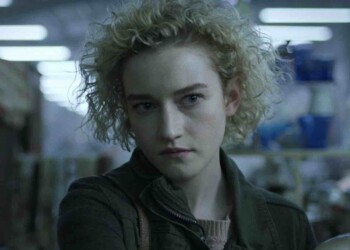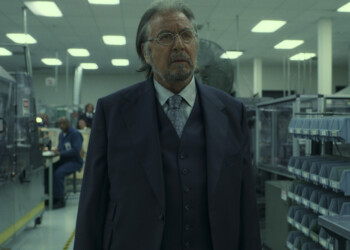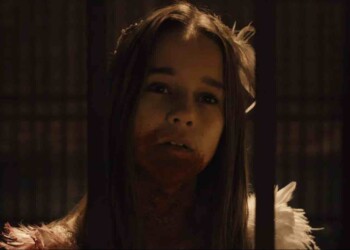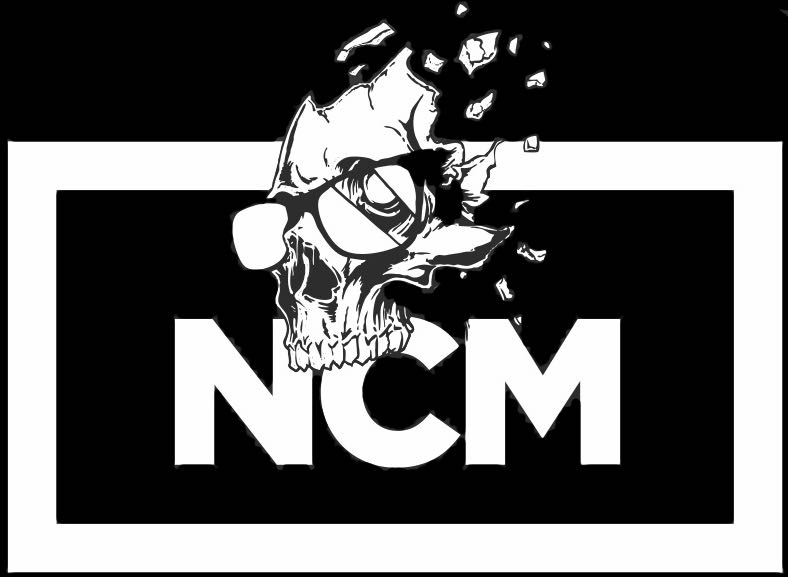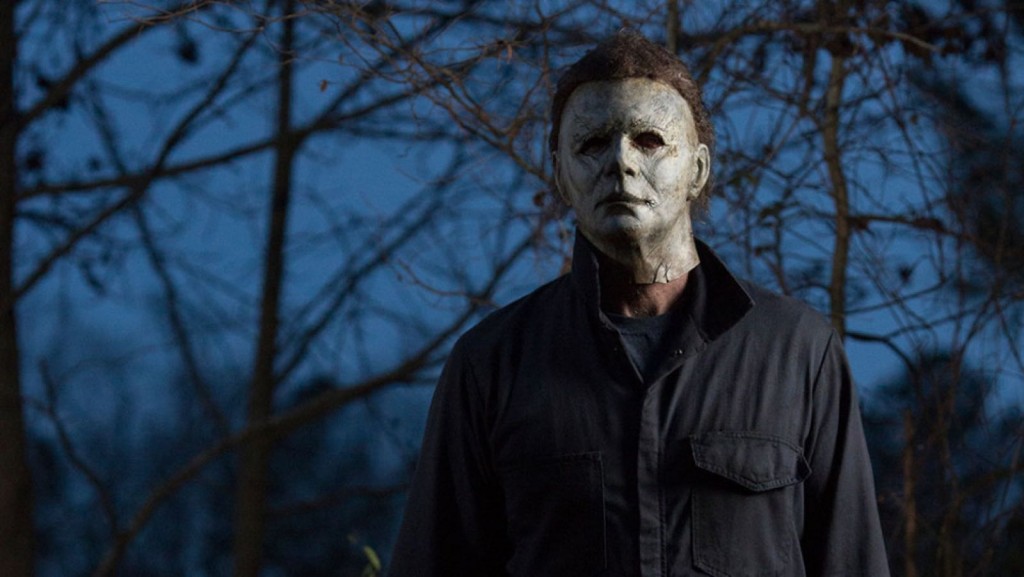
Horror movies tend to have an association with sequelitis. For instance, there are 11 Nightmare on Elm Street films, nine Texas Chainsaw Massacres, nine movies in the Saw saga, and eight in The Conjuring Universe. However, Halloween, as one of the oldest franchises in the genre, takes the gross cake for pumping out new movies. There have been twelve since the first release, back in the late seventies.
Michael Myers
This obsession with quantity over genuine quality is easy to understand. Like Christmas, Halloween (the holiday, not the movies) comes around every year, meaning that there’s always an audience for fresh horror stories. That’s not to say that the spooky season doesn’t sell all year round, though. From video games to books and casino slots, there’s a never-ending appetite for all things bloody.
Dying Light 2 was arguably the biggest horror game drop of the year but The Callisto Protocol (from the creator of Dead Space) looks like it could be a challenger for that particular crown. Casinos, on the other hand, tend to take the same seasonal approach to content as Halloween movies. The PlayStar site rolled out the Halloween Jack slot for Fall, a game that has a similar protagonist to the 2018 movie The Legend of Halloween Jack, i.e. a monster with a pumpkin for a head.
Of course, the Halloween franchise greeted the thirteenth entry in Michael Myers’ exhaustive canon this year, firmly establishing it as one of the most meandering franchises ever to arise from the dead. Michael’s story began with Halloween in 1978, which grossed $70.2m worldwide off a budget of just $325,000, a record that would hold until Rob Zombie’s reboot in 2007, which took $77.5m.
Halloween: Resurrection
Halloween II seemed to expose a weakness in the formula by taking a third of the money of the original ($25.6m) but still proved enormously successful off a $2.5m budget. Halloweens three through eight also turned a profit, despite an obvious lack of direction from the six directors and thirteen writers that were onboarded during those wilderness years. Myers wasn’t even present in the 1982 film, Season of the Witch.
Critical reaction was almost invariably disastrous after the first franchise entry, dropping to a low of 3.9 on IMDb for 2002’s Halloween: Resurrection. Coincidentally (or not, as the case may be), Resurrection is the only movie in the Myers’ catalog that didn’t receive either an X or 18 rating in the UK. More recent times have been kinder to the masked terror, with Halloween (2018) and Halloween Kills (2021) posting impressive financials.
The former movie managed to make 25x its budget ($255.4m from $10m), a franchise high performance and something The Guardian newspaper referred to as “unprecedented”. Director David Gordon Green wouldn’t manage the same feat with the 2021 movie, at $130.9m from $20m, but Halloween’s impressive ability to make money from almost nothing has helped it endure the last four decades largely intact. Will Halloween Ends live up to its name this year, though?
As the 50th anniversary of Halloween is approaching, probably not.


